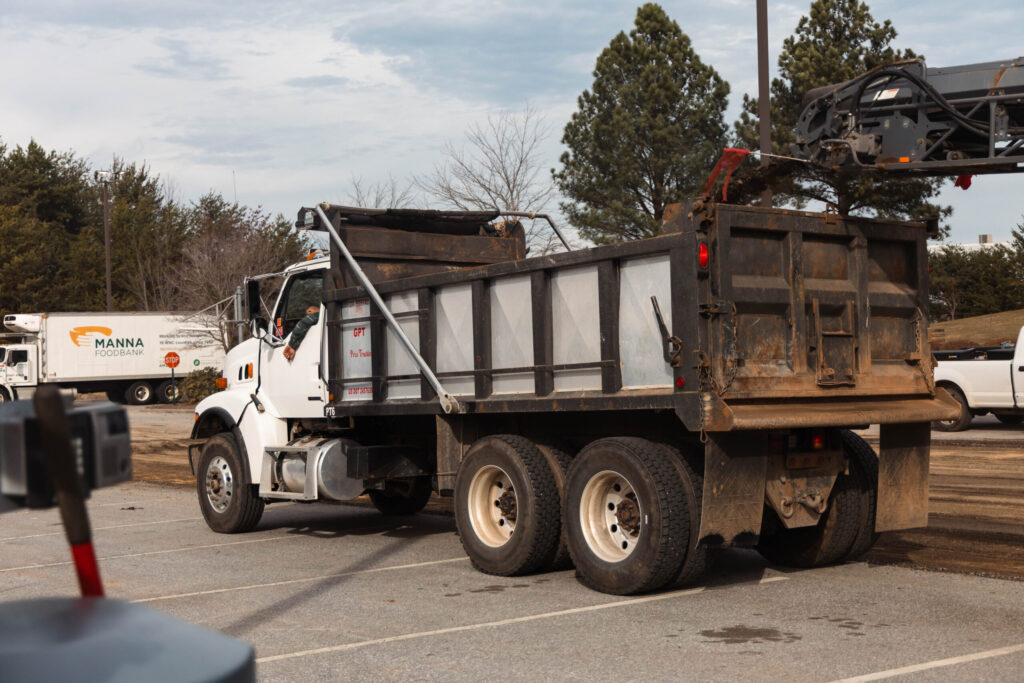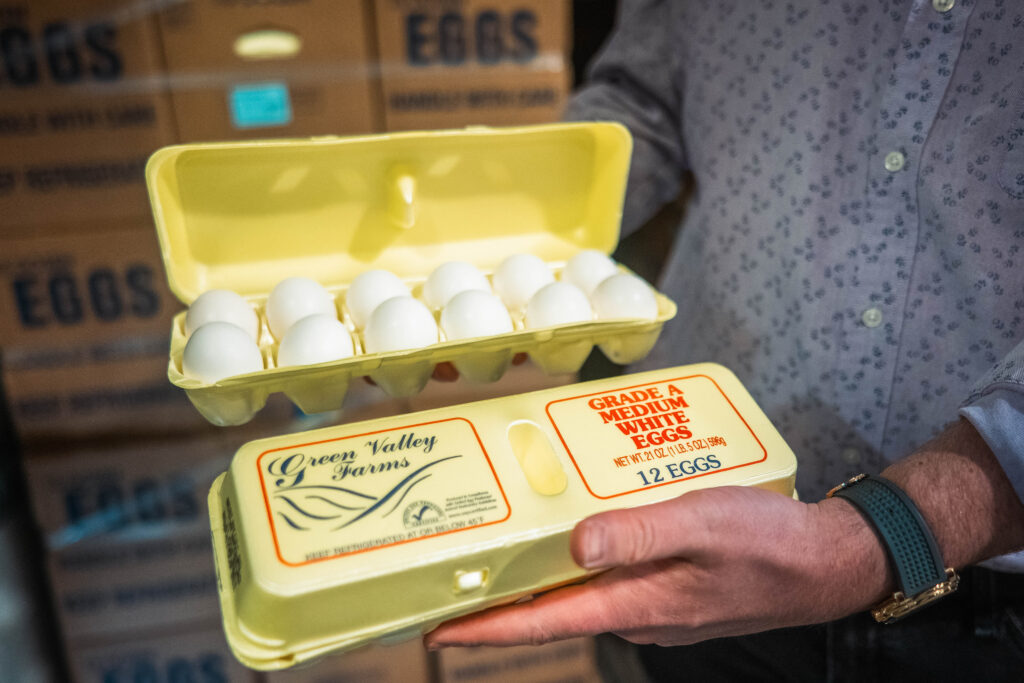A Socioeconomic Superstorm: Emergency SNAP Allotments End This Month
MANNA FoodBank and our dedicated partner agency network continue to stretch every resource as far as possible to provide vital emergency food support for more people than ever in our organization’s history. Thanks to caring individuals and organizations, MANNA and our partners have worked hard to be there for our neighbors with the food they need. But things have been tough, and even as charitable organizations across the country continue to serve many more people with fewer food donations, we are bracing for the next wave of individuals who will soon find themselves at the edge of the food cliff as soon as March 2023, when desperately needed expansion to SNAP benefits ends.
In the last year, many of the pandemic-era relief initiatives have been allowed to lapse—including universal school meals for students, expanded federal and state food resources, and more—all while rising costs of living continue to burden people still recovering from the pandemic.
Now, the much-needed emergency increase in SNAP benefits are ending in February, placing even more of a financial burden on those who are already struggling to afford the basic groceries they and their households need just to survive. Households receiving SNAP to purchase groceries have been receiving these “emergency allotments” since March 2020, and since then food costs have risen over 16%—over 10% in 2022 alone—showing how the socioeconomic challenges we were already facing across Western North Carolina have only worsened.
With grocery bills continuing to be the highest in recent memory, it’s clear to see how hard this will hit families and individuals already walking a razor-thin edge to get by. Pressured by a huge increase in housing costs, energy costs, and more, households are facing the most severe socioeconomic storm since the Great Recession. Without these expanded allotments—which already fall far behind what people actually need to meet the modern challenges of growing costs of living and a stagnant minimum wage—many households, particularly households with children and seniors, will struggle to have the food they need every day.
SNAP FACTS
- SNAP benefits address a major public health issue: 1 in 5 people in WNC are food insecure.
The need for supplemental grocery support skyrocketed during the pandemic, and due to ongoing economic circumstances, continue to see high participation. - Most households receiving SNAP are households with children and seniors.
Additionally, many households are “working households,” with at least one or two individuals working full-time jobs. - These expansions to SNAP were needed long before the pandemic.
Monthly benefit allotments are still calculated on a very dated socioeconomic analysis of the American household, and have not kept up with modern economics that continue to show slow wage growth while basic necessities increase in cost very quickly. - Many households experiencing food insecurity have historically chosen not to participate because the very low supplemental grocery support is not seen as worth the arduous application process.
- SNAP dollars are an economic generator.
Every $1 spent using SNAP dollars generates $1.79 in local economic activity.
HOW YOU CAN HELP
- Please share information about the end of emergency allotments. We want everyone impacted by this change to be prepared.
- Please share information about food resources. Our Food Finder map can help families find additional food.
- We urge you to personally call or contact your representatives. State and federal representatives need to know the impact these circumstances are having on ourselves and our neighbors.
- Share MANNA’s Food Helpline information. If you or someone you know needs help with groceries, please refer them to our Food Helpline: 1-800-820-1109. Or you can schedule an appointment with a member of MANNA’s Helpline team.



